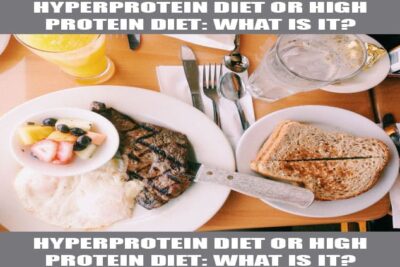
What is intermittent fasting and how does it work?
In recent years, the term "intermittent fasting" has become a buzzword, with many people speculating about its effectiveness as a weight-loss strategy. Is it really effective? How does intermittent fasting work? Intermittent fasting is defined as any diet where you keep your caloric intake fairly balanced between breakfast and lunch, but no food or drinks after dinner.
Intermittent fasting is sometimes used as a treatment for diabetes, obesity, high blood pressure, cancer, heart disease, osteoporosis, irritable bowel syndrome, anxiety disorders, depression, anxiety, ADHD, and OCD (obsessive compulsive disorder). Intermittent fasting has also been shown to help treat acne, gallstones, high blood pressure, impotence, fibromyalgia, mood swings, PMS, polycystic ovary syndrome, restless leg syndrome, and more. Intermittent fasting can be done in conjunction with another diet, such as the low-fat diet, the South Beach diet, or the Paleo diet. It can be done by anyone who wants to lose a few kilos regardless of your age, gender, or body size.
What is intermittent fasting?
It's a weight loss diet that can help you lose a little extra weight, while at the same time allowing you to feel full for longer periods of time. You can alternate between several meals a day and you can eat whatever you want between meals. You can eat anything that is high in protein, but be sure to eat something every couple of hours.
Benefits of intermittent fasting
Intermittent fasting can have many benefits for your body and your health. It reduces your risk of developing heart disease, diabetes, cancer, osteoporosis, and obesity. It aids in the digestion of fats, proteins, vitamins, minerals, and excess fluids, and increases the body's ability to burn calories. Since the body burns fewer calories while fasting, you will likely see an immediate drop in your body weight. You may also find that your energy levels increase and that you feel a noticeable reduction in cravings.
Another benefit of intermittent fasting is that it helps people who have difficulty controlling their metabolism. When you're fasting, your body usually goes into a natural state of starvation. Your body will not function as it normally would when you eat normally. This causes your metabolism to slow down and you may not feel hungry during the day. By following a low-calorie, low-fat, high-protein eating plan for several days, you can control your metabolism so you don't feel hungry as often.
What is required to perform intermittent fasting?
Intermittent fasting diets require discipline and a plan to follow. You need to know when you are going to eat, how much food you are going to eat, and when you are going to stop eating. To go on the intermittent fasting diet, you need to make your own meal plans, so you don't get bored and start counting calories all over again. If you can't come up with any meal or snack ideas, try searching the internet for diet meal plans. There are many resources online that can help you eat healthy and lose weight.
How to get used to an intermittent fasting schedule?
To get used to an intermittent fasting eating schedule, many people first go on a quick and short diet. Many people go on diets where they simply don't eat anything for a set amount of time, like 10 days or a week. After the diet, they eat healthy food and resume normal eating after the diet is over. Intermittent fasting is very similar to this method, except you skip meals and eat healthy foods every other day. With a short break, many people get used to eating healthy foods without worrying if they've eaten enough or need to exercise.
Another way to get used to an intermittent fasting schedule is to have a small "eating" window during the day. For example, if you have a large breakfast, you can have a large lunch and then a small dinner. This gives your stomach time to get used to the large number of calories you're putting into each meal, while also giving your brain time to adjust to the number of calories you're eating. It's like eating at the table in the morning and before bed, and then taking a nap at night.

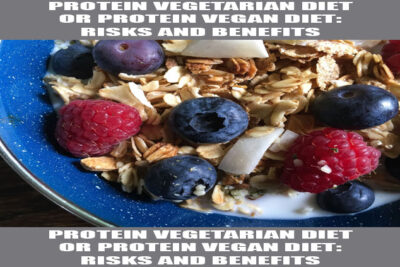



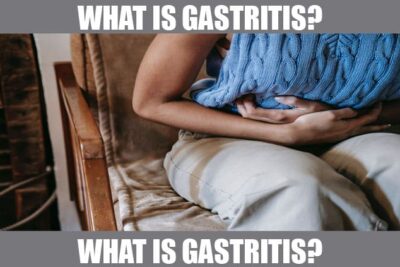
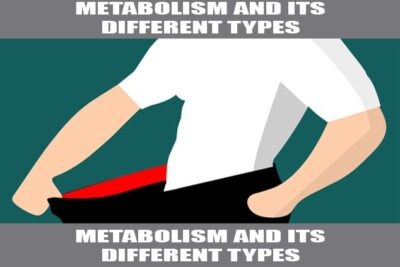




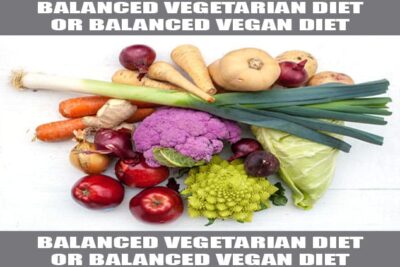
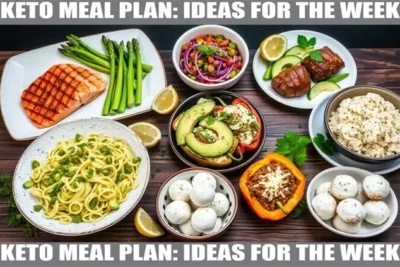
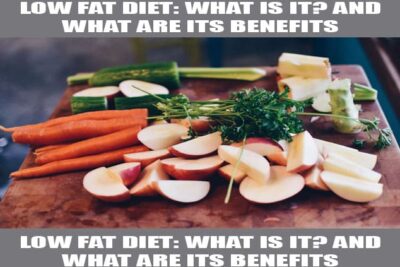
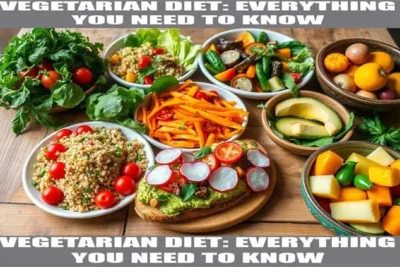

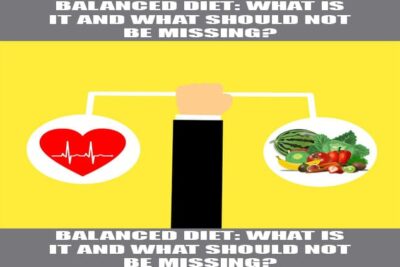





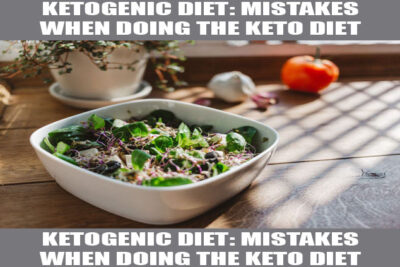
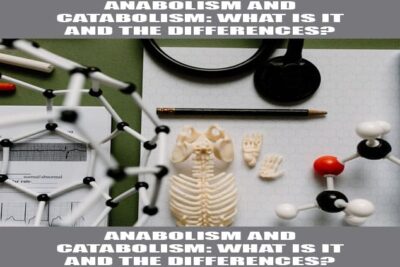




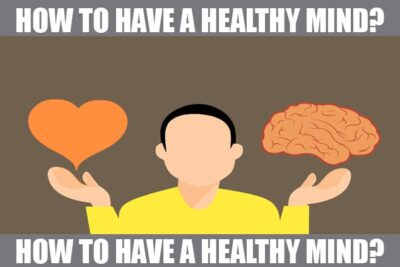

Content that may interest you